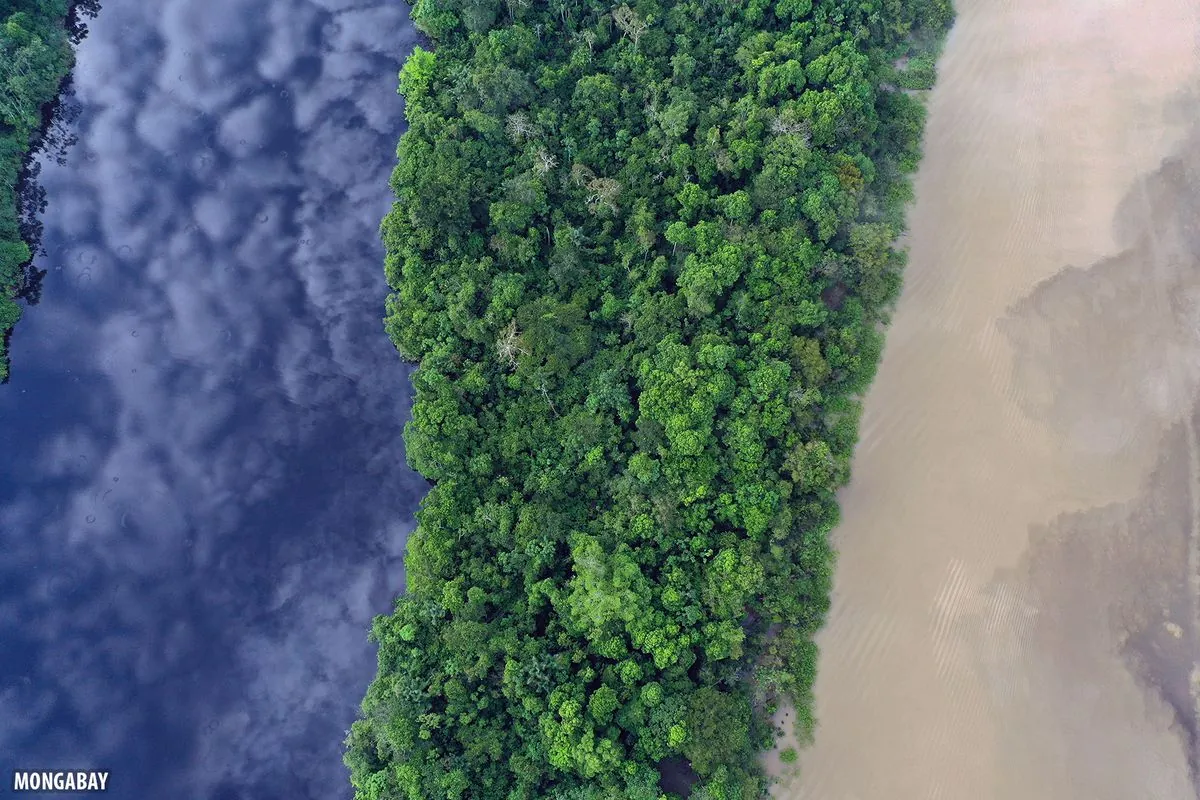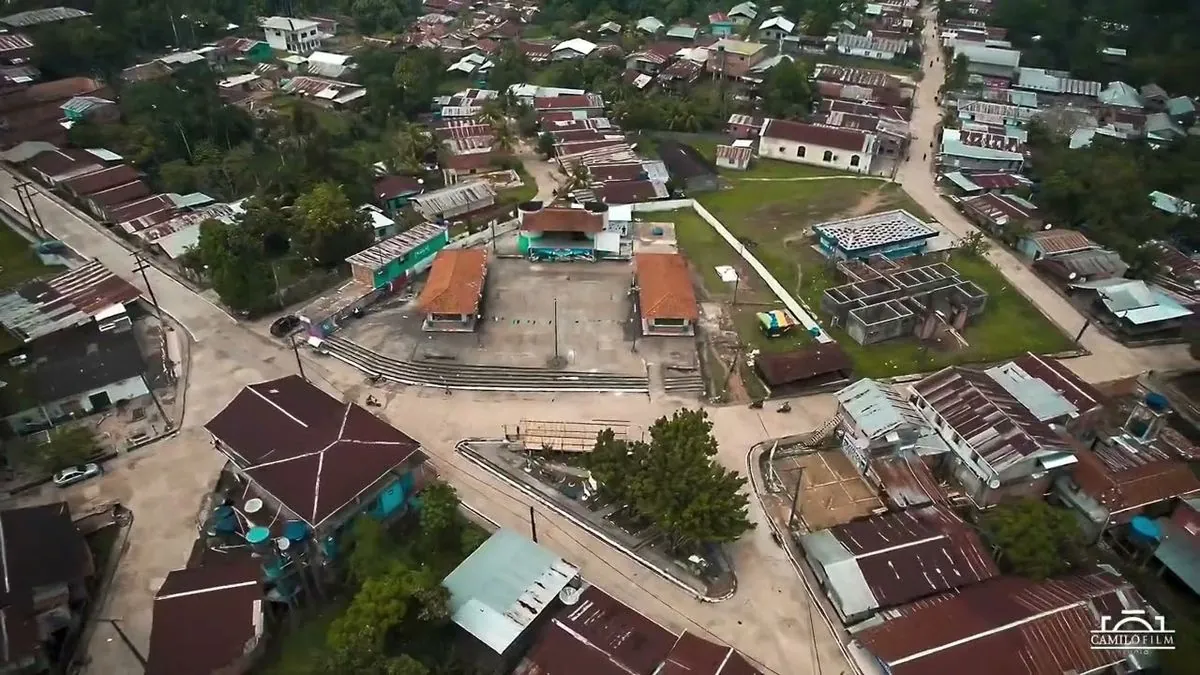Brazilian Court Dismisses Charges in Amazon Killings Case
A Brazilian federal court has dismissed charges against one suspect in the 2022 killings of Bruno Pereira and Dom Phillips in the Amazon. Two other suspects will face a jury trial.

In a recent development, a Brazilian federal court has dismissed charges against Oseney da Costa de Oliveira, one of three individuals initially arrested for the killings of Indigenous rights advocate Bruno Pereira and British journalist Dom Phillips in the Amazon. The court cited insufficient evidence to proceed with a trial.
The incident, which occurred over two years ago near the Javari Valley Indigenous Territory, sparked international outrage and drew attention to the dangers faced by environmental defenders in the region. The Javari Valley, home to the world's largest concentration of isolated Indigenous groups, is the second-largest Indigenous territory in Brazil.
Two other suspects, Amarildo da Costa de Oliveira and Jefferson da Silva Lima, will face a jury trial. Lima had previously confessed to the killings, claiming self-defense. Additionally, Rubens Villar Coelho, a Colombian businessman accused of masterminding the slayings, remains in custody.
Oseney da Costa de Oliveira, a father of four, is set to be released after 27 months of imprisonment, mostly served in a federal penitentiary far from his hometown of Atalaia do Norte. The decision has been met with concern by Indigenous rights organizations.

Univaja, an association of Indigenous peoples of the Javari Valley, expressed "indignation" and "concern" over the ruling, urging federal prosecutors to appeal the decision. The organization's reaction underscores the ongoing tensions and challenges in protecting Indigenous lands and environmental activists in Brazil.
"We received the ruling with indignation and concern."
The case has highlighted the complex issues surrounding the Amazon rainforest, which covers approximately 5.5 million square kilometers across nine countries. In recent years, the Brazilian Amazon has faced increased deforestation, threatening its rich biodiversity and the livelihoods of Indigenous communities.
Bruno Pereira, a former head of FUNAI's department for isolated and recently contacted tribes, had been working to combat illegal fishing in the Javari area. He had reportedly received death threats for his efforts. Dom Phillips, a contributor to The Guardian and other international media outlets, was researching a book titled "How to Save the Amazon" at the time of his death.
The Itaquai River, where the attack occurred, is a tributary of the Javari River, which forms part of Brazil's border with Peru. The area is known for illegal activities, including the poaching of pirarucu, one of the world's largest freshwater fish.
This case has reignited calls for better protection of Indigenous lands and environmental activists in Brazil. While Indigenous territories are constitutionally protected, they continue to face constant threats from illegal activities. The international community closely watches Brazil's efforts to address these challenges and preserve the Amazon's crucial role in global biodiversity and climate regulation.


































